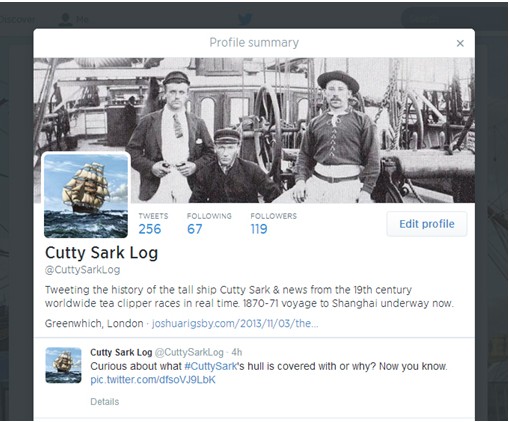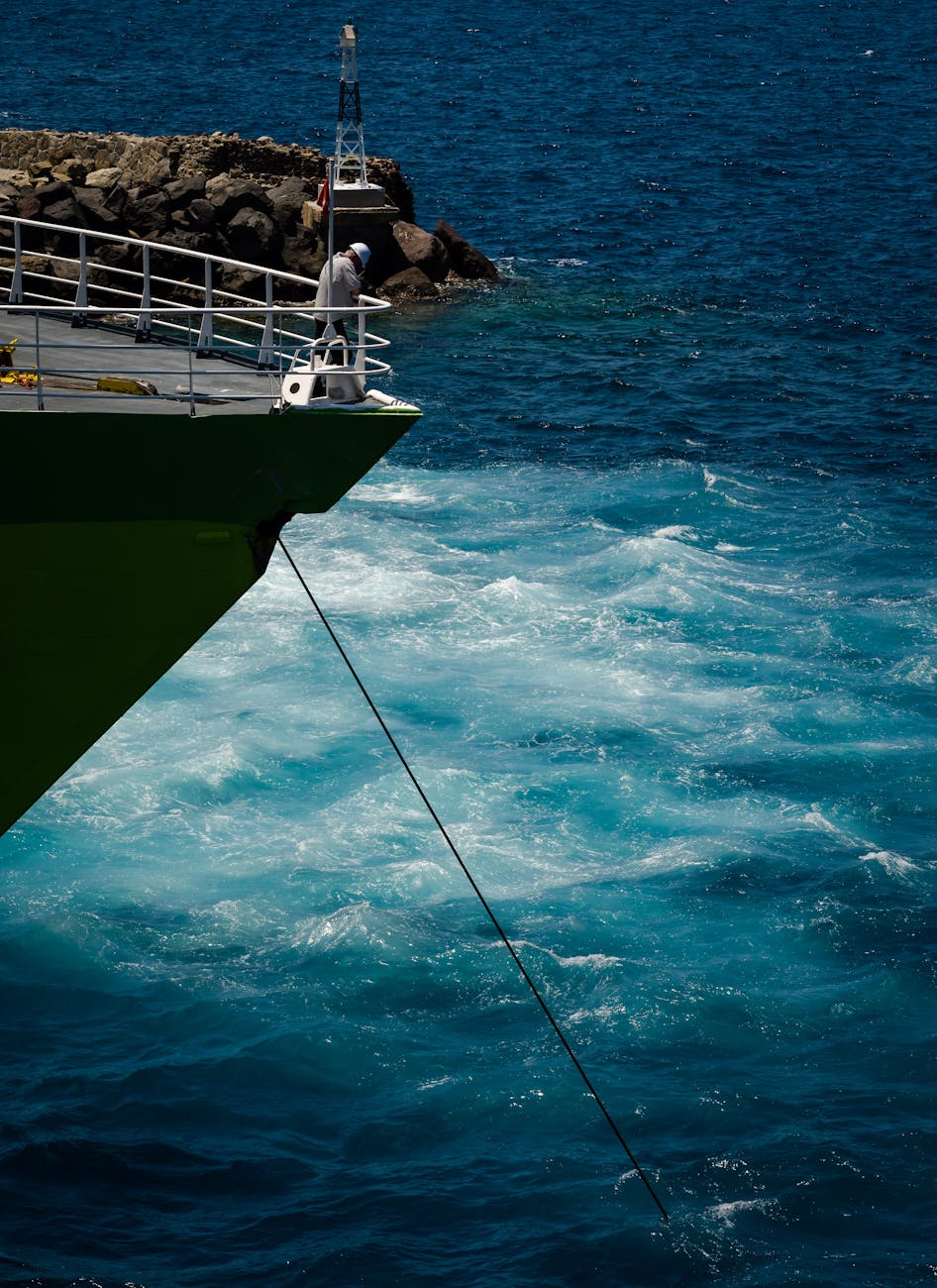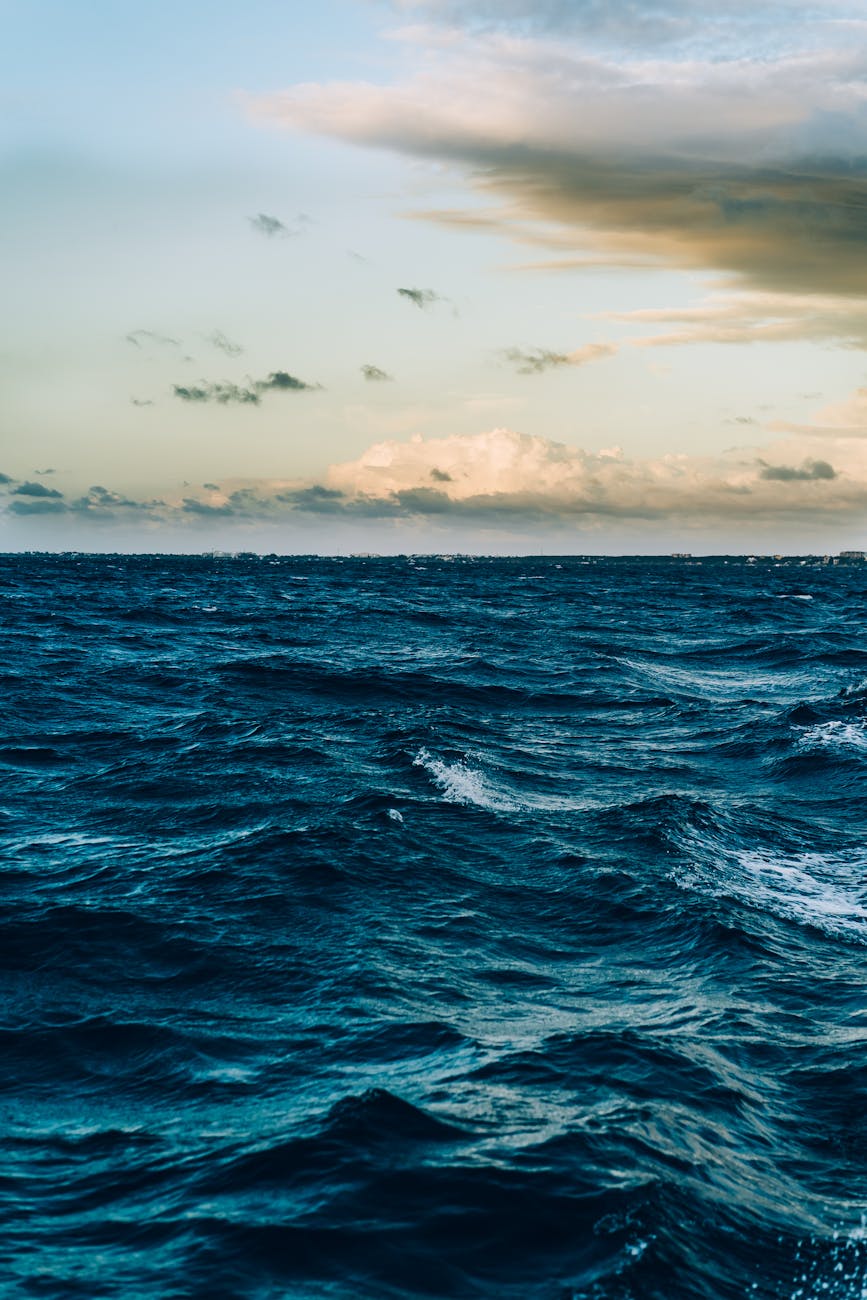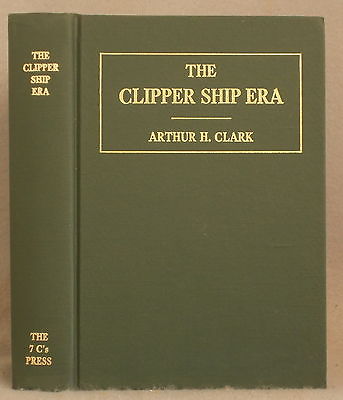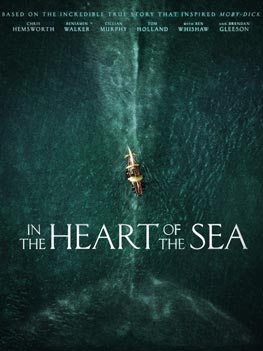 I’m a fan of nautical stories (Read: The Famous Tea Clipper Races), particularly those based in the 1800s, I also am a big fan of the National Book Award winning tome this movie was based on (Read: My Book Review). While In the Heart of the Sea does get high marks for general historical accuracy and portraying the gruesomeness of whaling, the film as a whole didn’t strike the chord with me that I had hoped.
I’m a fan of nautical stories (Read: The Famous Tea Clipper Races), particularly those based in the 1800s, I also am a big fan of the National Book Award winning tome this movie was based on (Read: My Book Review). While In the Heart of the Sea does get high marks for general historical accuracy and portraying the gruesomeness of whaling, the film as a whole didn’t strike the chord with me that I had hoped.
The reasons for this are complicated:
A CGI Whale
Even from the previews, which I desperately wanted to like, I knew the CGI was going to be a problem. If you can tell a shot is computer generated, you lose the suspension of the disbelief, as well as any anxiety that the character is actually in peril. A Michael Bay movie is not made any more palatable by enormous fighting robots, exchanging robots for whales is similarly trivial.
Is it possible to make a successful movie about large marine animals without using CGI? Jaws seems to answer that question pretty soundly.
A Nantucket Whaler (by Way of Australia)
Hemsworth, I believe, was a poor fit for the lead role of first mate Owen Chase. He struggled to hang on to his American accent throughout the film, but even went so far as to try to affect a vaguely Bostonian pronunciation at times. The inconsistency grated on my ear.
More broadly, he was an action movie star striking poses and looking off into the horizon, while the story needed a dramatic actor, capable of a broad emotional range, vulnerability, and genuine fear, not just steely-eyed badassery. Granted, it seems Hemsworth played the character as he was written, but more nuance couldn’t have hurt.
Speaking of Character…
The movie struggles to find its emotional footing early on. We get some scenes with Chase and his wife that are meant to humanize him, but these fall flat due to a lack of investment from both the writer and the actor. I never really believed that Chase cared about his wife (despite Charlotte Riley’s valiant acting), I was told rather than shown.
There were a few attempts at sparking conflict between Chase and Captain Pollard (played by Benjamin Walker), resulting in a couple of tepid squabbling sequences. The best scenes belong to Frank Dillain’s scheming Henry Coffin, but they were, sadly, too few and far between.
Interestingly, Dillain’s character is the only one who changes or evolves over the course of the film. As such he’s the most fun to watch. None of the other characters, even the leading ones, develop beyond minor peripheral differences.
We’ve Seen This One Before
The task of a film, even one based on a true story, is different from that of a book of nonfiction, or even a documentary.
The central problem with the movie is that this story was already adapted, much more effectively, by Herman Melville. By choosing to invert the story of the Essex in Moby Dick, we meet the cannibals in the first chapter, save the whale attack until the end, and build the story to a dramatic climax. The actual events, told chronologically in the movie, start dramatically and trickle (literally) to a slow and exhausting finish.
Nathaniel Philbrick, author of the book, upon which the movie was based, does an excellent job of pacing out the information and providing ancillary material to bolster places where the narrative energy would naturally sag. The movie, sadly, does not have the same structural support, and without sympathetic or interesting characters, there was no reason to care about what happened to these guys.
Why We Go To Movies
I am well aware that writing a film adaptation is a difficult task (Read: Why the Book is Always Better). As a writer myself I never want to disparage another artist’s work, this stuff takes years, and sometimes you just miss the mark.
In a nonfiction book we can invest in the ideas of the period, the predicament of the men, and the larger social issues that underpin them. In a film the ONLY currency that matters is whether or not we care about the men in the boat. For this story, I believe more dramatic license was needed in order to carry us through to their rescue.
Saving Private Ryan was loosely based on a true story, but we cared about the men on the mission. Even Gladiator was (very) loosely based on actual events, but what mattered to Maximus mattered to us by the closing credits.
We go to movies for a shared empathetic experience. If we don’t care about the characters then their journey, the setting, the plot, even the history itself ultimately mean nothing.
